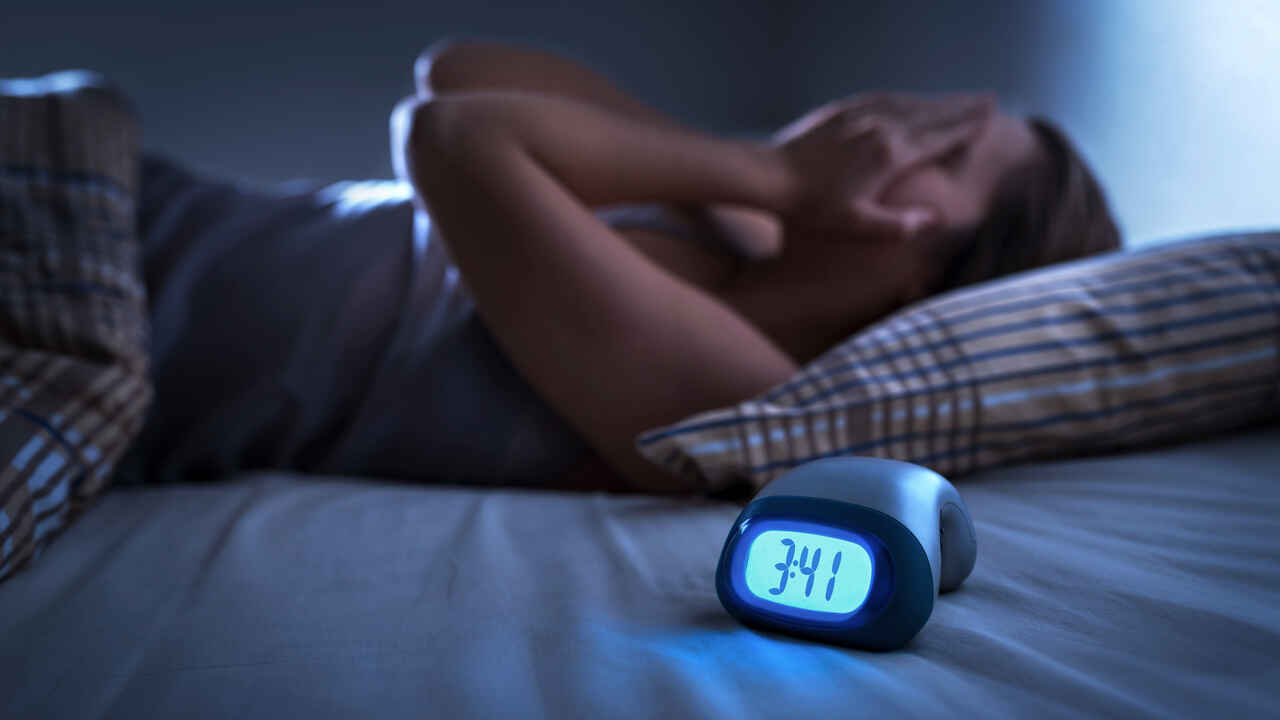
Having a tough time falling asleep? These sleep aids should not be your go-to solution.
Finding it hard to turn off your brain at the end of the day so you can get enough quality shut-eye? Sleep is an essential part of your physical and mental health. When you don’t get enough of it, you may be willing to try almost anything to ease you into slumber.
There are many things that can mess with your sleep. Stress and anxiety are two common culprits. Anything from an uncomfortable sleep environment to a change in your normal routine can make it challenging to get a good night’s sleep. While an occasional night of poor sleep won’t do much harm, chronic insomnia increases your risk of high blood pressure, heart disease, diabetes, anxiety and depression, as well as other health conditions.
As important as it is to sleep well, there are sleep remedies people turn to that may not be the best choices. Some may not work and others may potentially cause harm. Here are a few things you may want to skip when you’re trying to sleep better.
-
-
- Alcohol – It’s tempting to have a drink or two at night to help you relax before bed, but although alcohol may help you fall asleep more easily, you probably won’t stay asleep. Alcohol disrupts your natural sleep cycle. This causes you to spend more time in light sleep than deeper, more restorative sleep. This disturbed sleep can leave you tired the next day and has been linked to an increased risk of accidents, according to research.
- OTC Antihistamines – A common antihistamine that’s used to treat allergy symptoms like sneezing, runny nose and watery eyes (diphenhydramine) is also known to cause drowsiness. That’s why some people take over-the-counter allergy medicines like Benadryl or products like Advil PM or Tylenol PM which also contain the antihistamine as a sleep aid. Not only may this medication not improve sleep, but it can cause side effects like restlessness, grogginess and dry mouth.
- Prescription Sleep Aids – These medications are effective in helping people sleep but they are not meant for long-term use. Sleep meds may have dangerous side effects, like next-day grogginess, sleepwalking and falls. They may also come with a risk of dependency. While they can be an effective short-term solution in specific situations (such as after the loss of a loved one), they should only be used under doctor supervision and should not be relied on for an extended period of time.
- CBD – Many people have turned to cannabidiol (CBD) to treat insomnia, as well as other conditions that may negatively impact sleep such as anxiety or pain. There is not enough research yet to know if CBD, an active ingredient of cannabis, is effective in helping these conditions. Additionally, since CBD products aren’t regulated by the U.S. Food and Drug Administration (FDA), they haven’t been proved safe or effective.
-
Copyright 2022 © Baldwin Publishing, Inc. All rights reserved.
Health eCooking® is a registered trademark of Baldwin Publishing, Inc. Cook eKitchen™ is a designated trademark of Baldwin Publishing, Inc. Any duplication or distribution of the information contained herein without the express approval of Baldwin Publishing, Inc. is strictly prohibited.
Date Last Reviewed: March 16, 2022
Editorial Review: Andrea Cohen, Editorial Director, Baldwin Publishing, Inc. Contact Editor
Dietary Review: Perry Pitkow, MD
Learn more about Baldwin Publishing Inc. editorial policy, privacy policy, ADA compliance and sponsorship policy.
No information provided by Baldwin Publishing, Inc. in any article is a substitute for medical advice or treatment for any medical condition. Baldwin Publishing, Inc. strongly suggests that you use this information in consultation with your doctor or other health professional. Use or viewing of any Baldwin Publishing, Inc. article signifies your understanding and agreement to the disclaimer and acceptance of these terms of use.